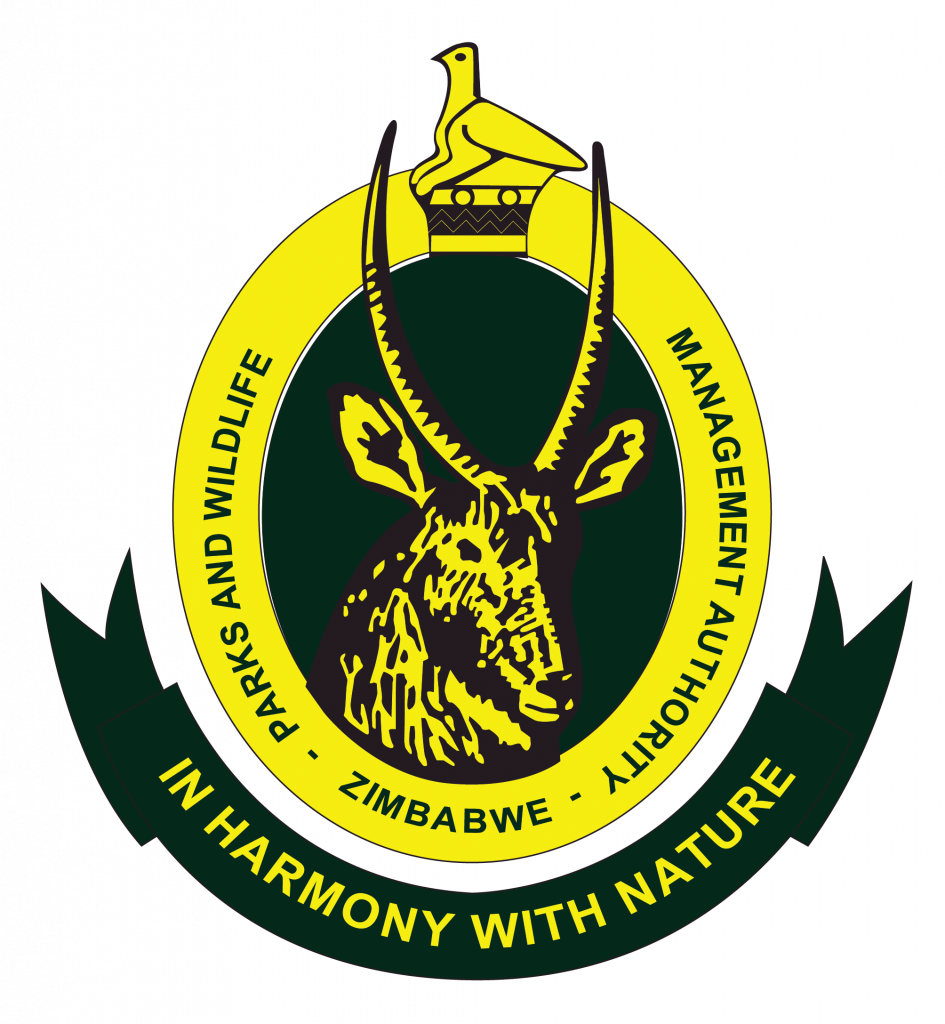Globally, changing lifestyles continue to place increasing pressure on the environment compounded by a growing disconnect between people and their concern for matters relating to wildlife and habitat. It is often said that we only understand the value of something when we lose it; yet, through Conservation Education, our mission is to ensure that we value it before we lose it.
Our programs stimulate an interest in conservation, environmental processes and cultural heritage.
Schools
Conservation education provides authentic opportunities for learning and gives school going children from primary to tertiary level an opportunity to connect with flora and fauna in a meaningful way. Our teaching methods are adapted to cover all age groups, providing students with a real-life context on which to base their learning.
We teach them to apply their knowledge within their immediate environment such as the plants, animals and birds that live in their own backyards or playgrounds and then expand this application to protected areas as well.
Wildlife Clubs
Our wildlife clubs provide an outlet for young people who are passionate about conservation and seek to acquire more knowledge and experience over and above the formal school setting. To date Zimparks has established wildlife clubs in more than 200 schools across Zimbabwe. Apart from conservation, club members are also equipped with life skills that enable them to make a positive impact towards their communities both now and in the future.
Junior Rangers
The Junior Ranger program is an activity based program that offers young people the opportunity to become an integral part of the Zimparks network. These young boys and girls Rangers are selected from Wildlife Clubs and the initiative encourages them to explore Zimbabwe’s parks accompanied by rangers. Our rangers impart a variety of skills, helping students to gain a first-hand experience of the bush. Each program is adapted to each age group with an emphasis on conservation education, personal development and fun.
Community
Indigenous communities play a pivotal role in conservation. Our education initiatives recognize this fact and seek to foster collaborative learning and action, taking into account the social, cultural, economic, and environmental conditions of each community.
